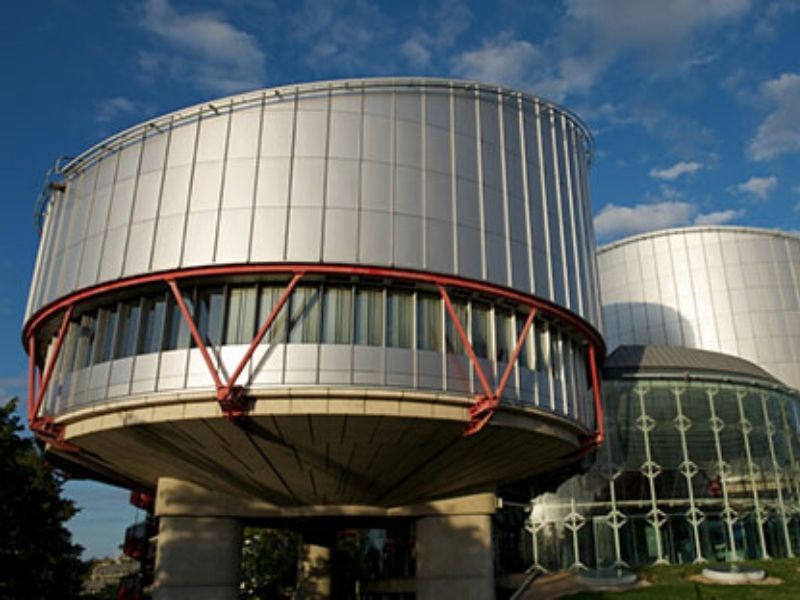The European Court of Human Rights (ECtHR) has called for the immediate release of Russian opposition figure Alexei Navalny because of the risk to his life.
The court decided “to indicate to the Government of Russia, under Rule 39 of the Rules of Court, to release the applicant”, (Navalny) and that the measure was to apply with immediate effect.
The court also says that its decision concerned the “nature and extent of risk to the applicant’s life”, that the risk had been “demonstrated prima facie” and was “seen in the light of the overall circumstances of the applicant’s current detention”. It added that the measure was taken “without prejudice to the court’s decision on the merits of the present case”.
Navalny, an outspoken government critic and anti-corruption activist was detained upon his return to Russia on 17 January, following treatment in Germany after he was poisoned with a nerve agent in Siberia. On 2 February, a Moscow court sentenced Navalny to two years and eight months in prison for breaking the terms of a 2014 suspended sentence that required him to report regularly to Russian police.
Navalny’s imprisonment sparked a strong international reaction and widespread protests in dozens of Russian cities that were subsequently dispersed using an excessive amount of force not only towards the protestors but also towards the journalists covering the events.
The Court has decided to grant an interim measure on behalf of Aleksey Navalnyy indicating to the Russian Government to release himhttps://t.co/YNa0vrM83Y#ECHR #CEDH #ECHRpress
— ECHR CEDH (@ECHR_CEDH) February 17, 2021
The Commissioner for Human Rights, Dunja Mijatović said in a statement that Navalny’s imprisonment “defies all credibility and contravenes Russia’s international human rights obligations”.
Mijatović also published a letter addressed to the Russian Minister of Interior, Vladimir Kolokoltsev, in which she highlighted a number of human rights concerns related to the policing of demonstrations and requested clarifications for the arrests of journalists and media workers reporting on those rallies, as these constitute serious restrictions of freedom of expression and media freedom as guaranteed in the European Convention on Human Rights.
The Russian Justice Minister Konstantin Chuychenko has since responded to the ECtHR’s decision by claiming that the court’s demand “is baseless and unlawful because it does not contain any reference to any fact or any norm of the law, which would have allowed the court to take this decision,” the Russian Justice Minister said.
He was quoted by Russian news agencies as saying the decision was an unprecedented degree of meddling in the work of the Russian court system.
In December 2020, changes to Russian law were passed that gave the Russian Constitution precedence over the rulings of international bodies as well international treaties where they came into conflict. States such as Russia, that are signatories of the European Convention on Human Rights, are obliged to comply with interim measures under the court’s rules, so Thursday’s ruling raises issues over Russian compliance.
Navalny has applied successfully in the past to the ECtHR. In 2019, the court found that Navalny’s 10 months of house arrest beginning in February 2014 while Moscow police said they were investigating him for alleged fraud and money laundering constituted a violation of his right to liberty and freedom of expression and was “out of proportion” to the criminal charges he faced.
In 2017, the court condemned his 2014 conviction for fraud and money laundering as “arbitrary and unfair” and had ordered Russia to pay compensation. The retrial of the case resulted in the suspended sentence for which he has now been sent to prison.












